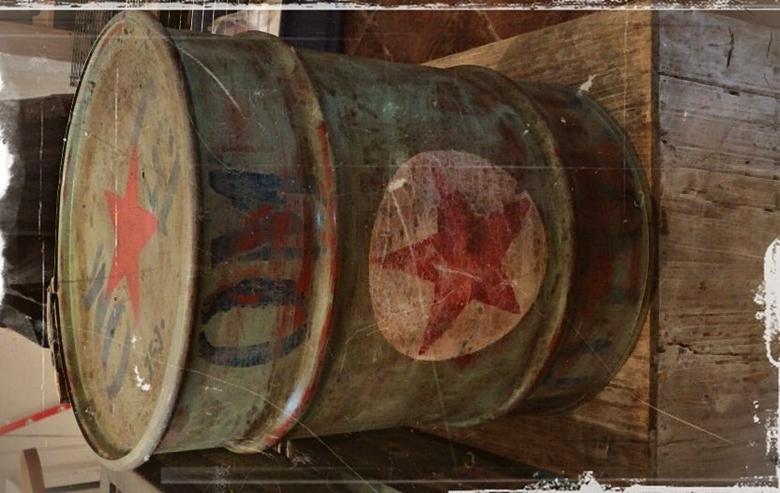
OIL PRICES HARM RUSSIA

Russia's economy and budget may suffer if low oil prices and Western sanctions persist for some time, government ministers warned Friday.
In the government's clearest acknowledgment so far of the pain Western sanctions and lower oil prices have inflicted on the economy, Russian Finance Minister Anton Siluanov said the government may need to cut its budget spending for the next three years. Economy Minister Alexei Ulyukayev, meanwhile, said if the ruble continues to weaken, the economy may contract next year.
Russia's economy is suffering from falling oil prices, as oil revenue makes up about half of the state budget revenue, while the sanctions imposed by the West in response to Moscow's policy toward Ukraine have almost shut the global financial markets to Russian companies.
Russian inflation is at a three year-high, the ruble is trading at new lows, and capital outflows are expected to exceed $100 billion this year. The ruble is under downward pressure both from higher demand for dollars, as companies find it hard to borrow abroad, and from lower oil prices. It has already weakened by more than 20% since the start of the year.
As he presented the draft budget to Parliament for its first reading, Mr. Siluanov said the government should develop an alternative version of the budget for 2015 to 2017.
"If external conditions in the future are as difficult as they are today, then we would need to have an alternative version of the budget where we could optimize some expenditure or other obligations," the minister told Parliament.
Talking on national television later he promised the government would fulfill "key obligations," but would prepare to stop financing some unprofitable budgetary programs if the need arose.
Meanwhile Mr. Ulyukayev, the Economy Minister, told government daily Rossiyskaya Gazeta that "there is a risk of a negative economic growth and declining investment" if the current oil price "of around $83 per barrel" stays for some time.
The Kremlin expects the Russian economy to grow by 1.2% in 2015 and by 2.3% in 2016, but the World Bank sees growth of 0.3% and 0.4%, respectively. Even if the sanctions, which Mr. Siluanov cited for the budget adjustment, were lifted by the end of 2015, the World Bank forecasts Russia economic growth at 0.9% in 2015 and 1.3% the following year.
The ruble exchange rate may also move lower. The currency hit a new low Friday amid market concerns that a leading ratings firm would downgrade Russia's sovereign debt rating to junk level.
However, Standard & Poor's kept the rating unchanged at BBB, noting, however, "the structural weaknesses in Russia's economy, in particular the strong dependence on hydrocarbons."
S&P said it expects the economy to expand by 1% annually in the next three years. It also sees "usable foreign currency reserves to decline to about four months of imports by 2017, from eight months in 2014, as a result of the central bank providing foreign currency liquidity support to the economy".
Russia President Vladimir Putin said Friday the central bank "will not burn up reserves thoughtlessly" and will stick to its promise of moving to inflation targeting policy in 2015.
wsj.com





